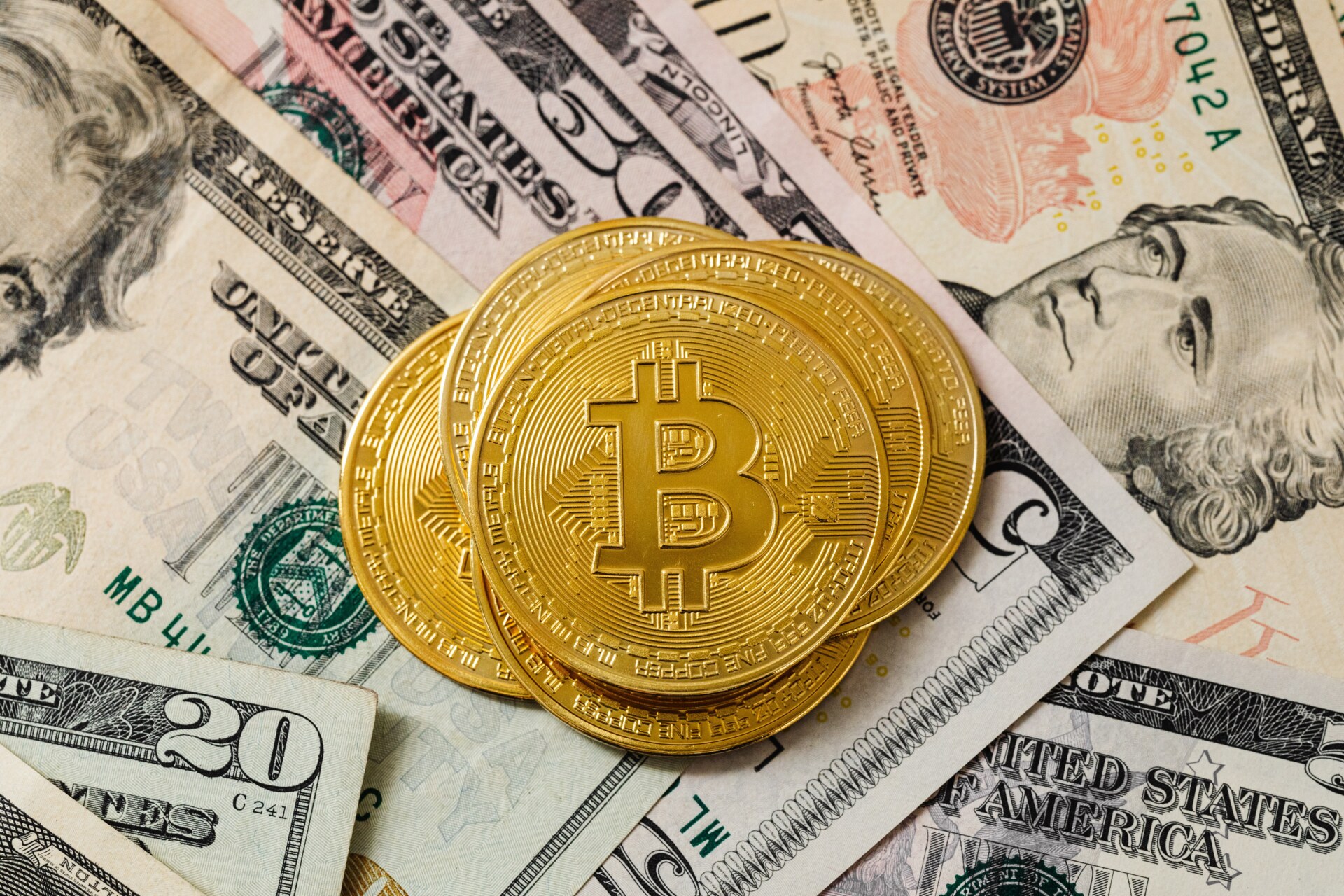
Cointelegraph analyst and writer Marcel Pechman explains how a U.S. debt default could impact Bitcoin and the larger cryptocurrency market.
While this is partially accurate, the situation becomes more complex when the government lacks a majority, as is currently the case. In such instances, the opposition party gains leverage to negotiate their demands. Presently, Republicans are urging President Joe Biden to abandon $4.5 trillion in what they consider imprudent projects, such as forgiving a portion of student debt or employing thousands of additional Internal Revenue Service staff.
During the show, Pechman elucidates why, regardless of the outcome, the situation is bullish for Bitcoin. He also examines the likelihood of a government debt default and explains how increasing the debt ceiling drives liquidity into the markets, benefiting scarce assets.
The following segment of Macro Markets concentrates on Tesla, the electric vehicle manufacturer led by Elon Musk. The discussion starts by addressing Tesla’s significance for Bitcoin holders and the cryptocurrency industry, and then provides an overview of the company’s financial health, explaining why the 9,200 BTC held by Tesla does not threaten Bitcoin’s price.
Using the example of the struggling First Republic Bank, which experienced net redemptions of $100 billion in the previous quarter, short sellers face difficulties borrowing the stock.
Nevertheless, Pechman clarifies that this issue doesn’t pose a problem for those looking to bet on the bank’s stock price decline. According to Marcel, a bailout for First Republic Bank could further boost Bitcoin above $30,000.
For exclusive, high-quality content from top crypto analysts and experts, subscribe to the Cointelegraph Markets & Research YouTube channel. Don’t miss Macro Markets, airing every Friday.











